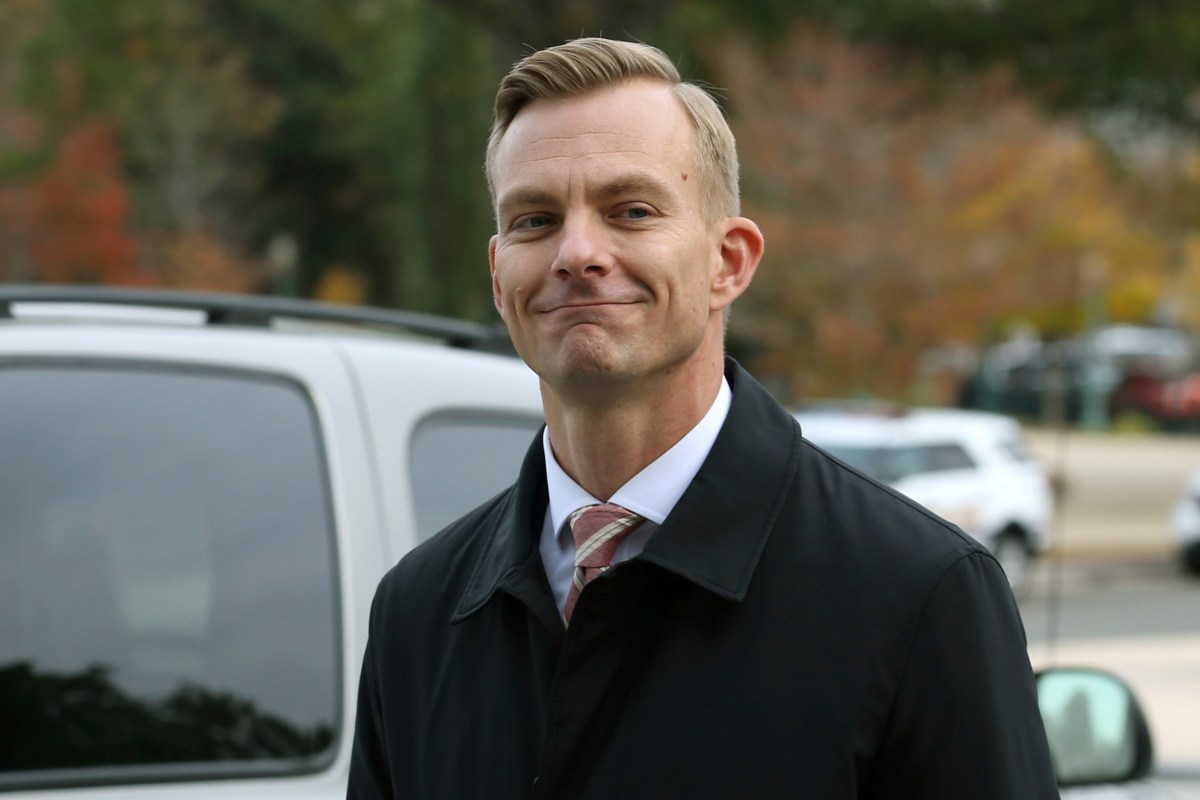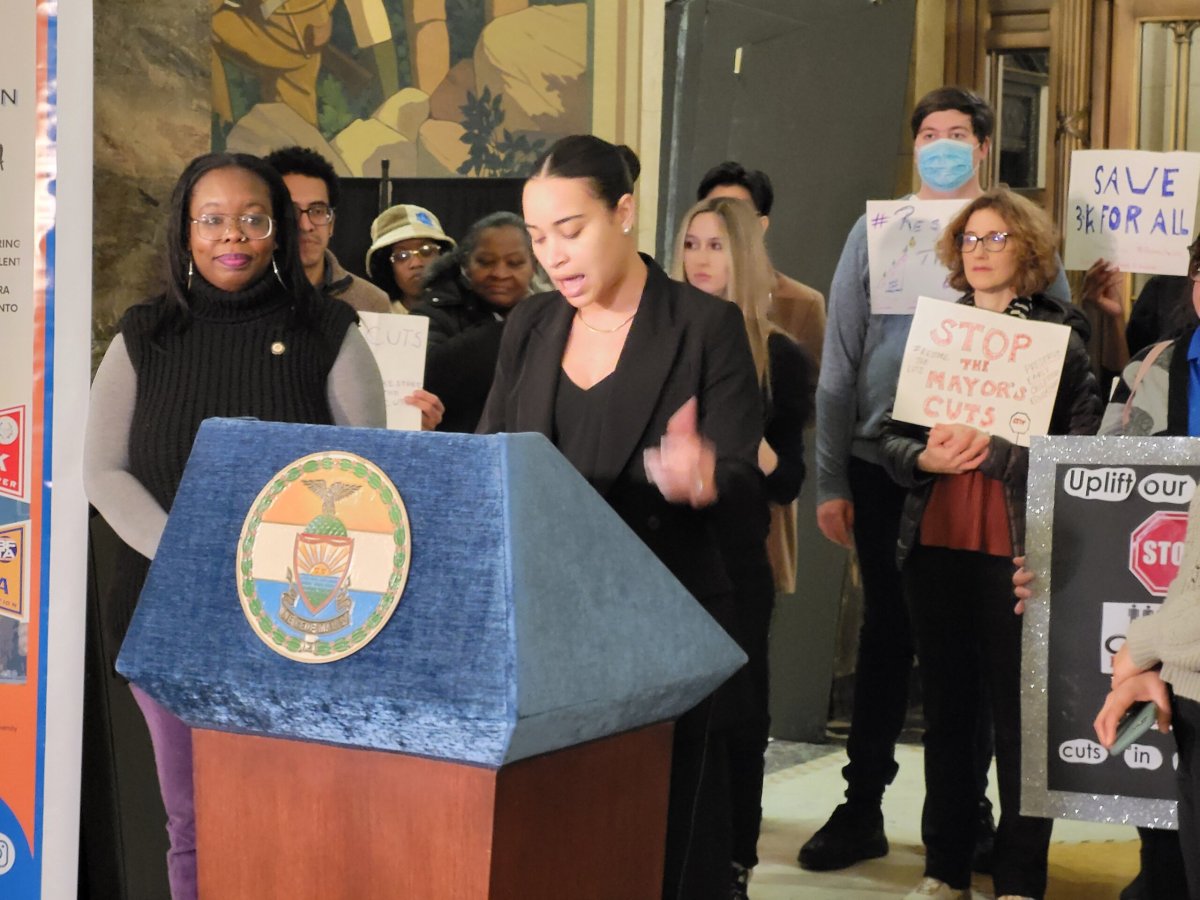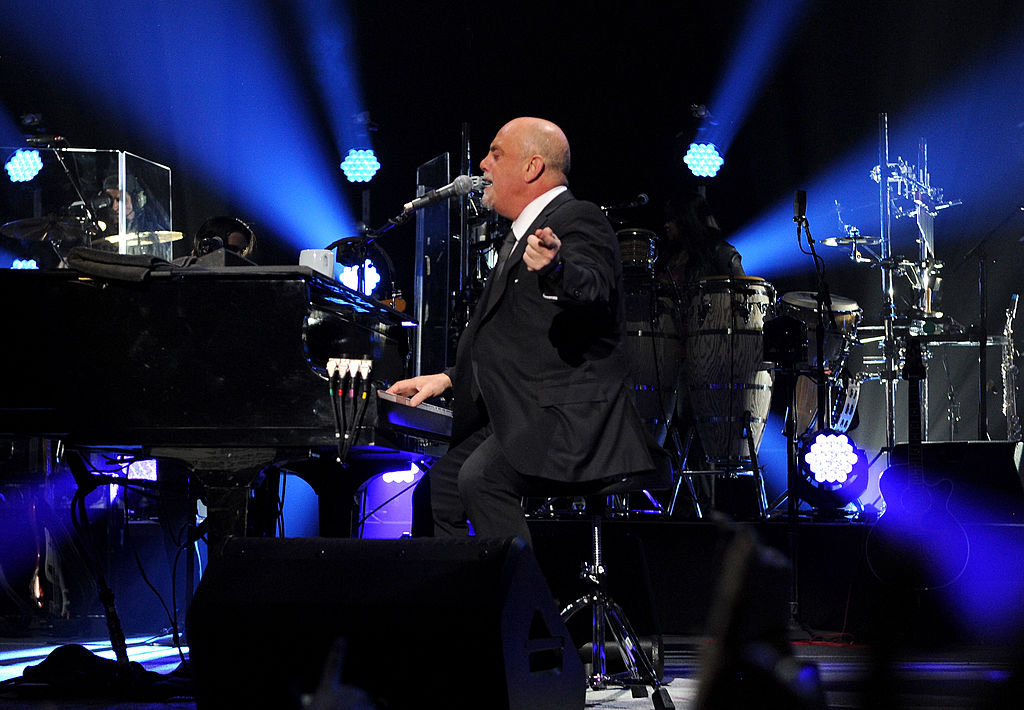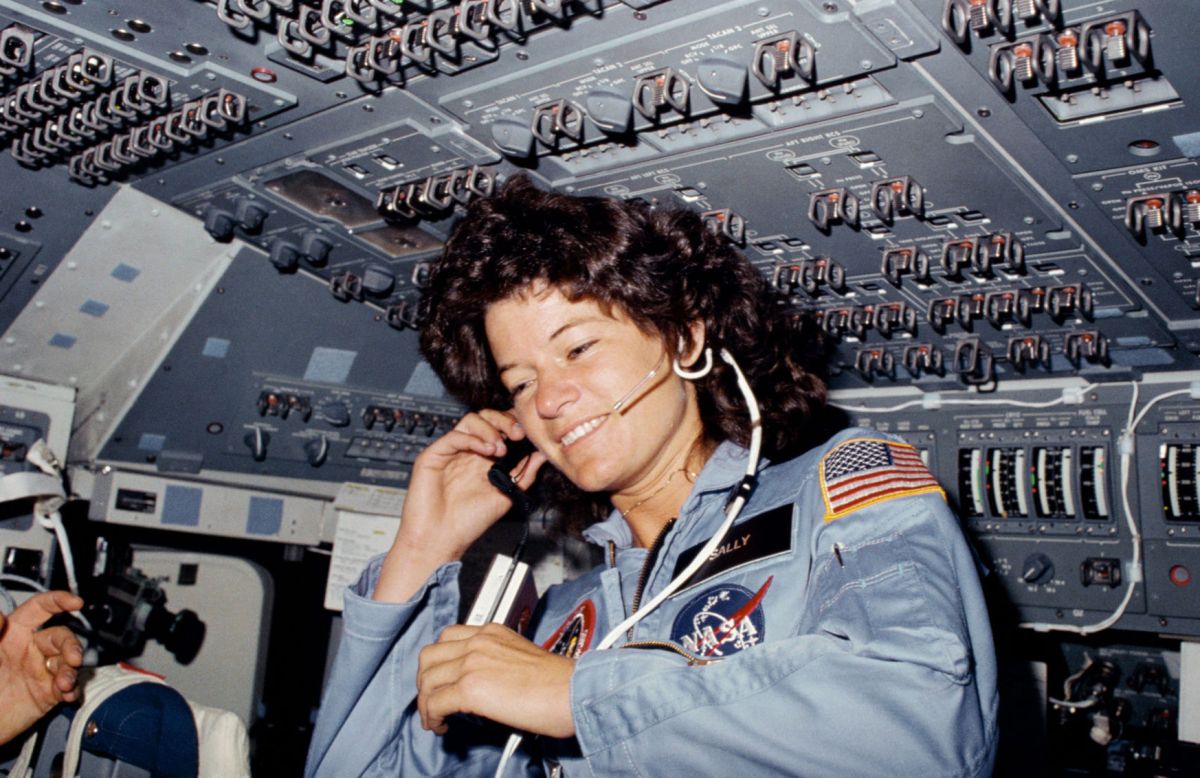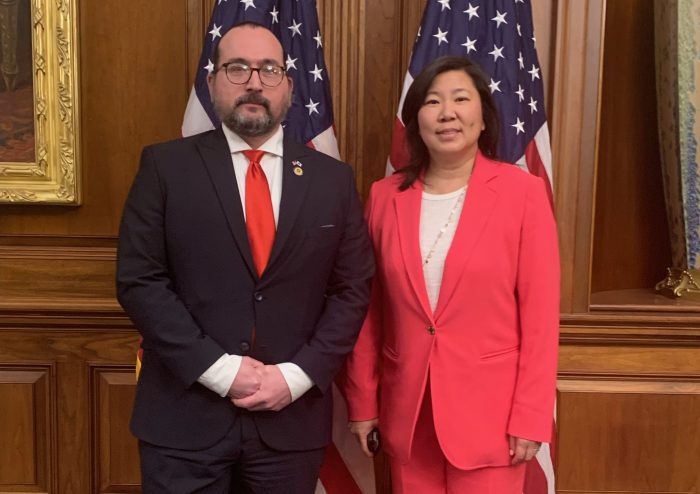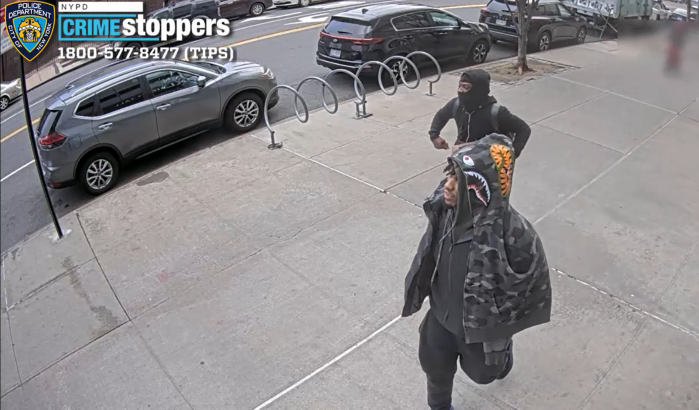A State Department official told impeachment investigators Friday that he overheard President Donald Trump talking with a U.S. ambassador about “investigations” in Ukraine, according to people familiar with the testimony.
David Holmes, the political counsel at the U.S. Embassy in Ukraine, said Trump was talking so loudly that Ambassador Gordon Sondland had to hold the phone from his ear.
Holmes said that allowed others at a restaurant in Kyiv to overhear the call that’s now part of the impeachment inquiry, according to one of the people, who were unauthorized to publicly discuss the testimony and were granted anonymity.
The conversation at the Kyiv restaurant came the day after Trump’s July 25 phone call with newly elected Ukraine President Volodymy Zelenskiy, in which the U.S. president pressed his counterpart to investigate Democrats and 2020 rival Joe Biden. A whistleblower’s complaint about that call sparked the impeachment inquiry.
Sondland opened the July 26 conversation by telling Trump that the Zelenskiy “loves your ass.”
Trump responded, “So, he’s gonna do the investigation?”
“He’s gonna do it,” Sondland replied.
The Associated Press has viewed key excerpts of Holmes’ 10-page statement and a person familiar with the document confirmed its authenticity. The remarks were first obtained by CNN.
Holmes, a career foreign service officer, told investigators he did not seek the opportunity to testify. Like others in the inquiry, he was issued a subpoena to appear. He spent nearly seven hours with lawmakers.
Rep. Ted Lieu, D-Calif., said Holmes is a key witness to the impeachment investigation because he heard directly from Trump. That counters Republican complaints that the inquiry is based on hearsay from other officials testifying.
“He has firsthand knowledge of the conversation between Ambassador Sondland and the president of the United States,” Lieu said. “He overheard the conversation.”
After the call with Trump, which Sondland placed from his mobile phone at the outdoor table over lunch with Holmes and two other people, he remarked the president was in a “bad mood.”
Holmes asked the ambassador if it’s true that Trump “doesn’t give a shit about Ukraine.”
Sondland told him the president did not “give a shit about Ukraine.” The president only cares about “big stuff,” Sondland said.
When the foreign service officer noted the importance of Ukraine, at war with Russia, Sondland clarified that he meant stuff that benefits the president, like the “Biden investigation.” Trump’s personal attorney, Rudy Giuliani, was pushing the Ukrainians to investigate former Vice President Biden.
Holmes’ job often required him to be the official note-taker at meetings. He said while he did not take notes from the lunch with Sondland, he has a “clear recollection” and believes other colleagues at the table do as well.
The Associated Press has already identified one of the other people who heard the call as Suriya Jayanti, a foreign service officer based in Kyiv.
Like other officials who have testified in the inquiry, he expressed alarm at the shifting situation in Ukraine with Giuliani’s influence.
Holmes, who testified after Friday’s public hearing with ousted U.S. Ukraine Ambassador Marie Yonvakovitch, told investigators he had never seen anything like the campaign that led to her May recall.
The situation in Kyiv changed dramatically in spring, he said. Key policies, including resistance to Russian aggression, “became overshadowed by a political agenda being promoted by Rudy Giuliani” and others “with a direct channel to the White House.”
Ahead of one meeting, Sondland said: “Dammit Rudy. Every time Rudy gets involved he goes and f—s everything up.”
Holmes said he heard John Bolton, the National Security Adviser, tell others about his frustration with Giuliani’s influence with the president. Bolton told William Taylor, the top diplomat in Ukraine, to send a first-person cable to Secretary of State Mike Pompeo about the situation.
Holmes first came to investigators’ attention after Taylor, the acting head of the U.S. Embassy in Ukraine, testified Wednesday that a staff member overheard the conversation. The person was later identified as Holmes.
Holmes, who joined the Foreign Service in 2002, has served in Afghanistan, Colombia, India, Kosovo and Russia as well as on the National Security Council staff in Washington.
He won an award for constructive dissent from the American Foreign Service Association in 2014 for complaining about problems that an alternate diplomatic channel had caused in South Asia and recommending organizational changes to the State Department’s bureaucratic structure for the region.
Holmes made his concerns known through the State Department’s so-called “Dissent Channel,” which provides diplomats with a confidential way of registering serious concerns.
It’s similar to but distinct from the method — a personal cable to the secretary of state — that Taylor used to register his objections about Ukraine policy.
— Alan Fram and Mary Clare Jalonick
Associated Press writers Matthew Lee and Lisa Mascaro in Washington contributed to this report.



